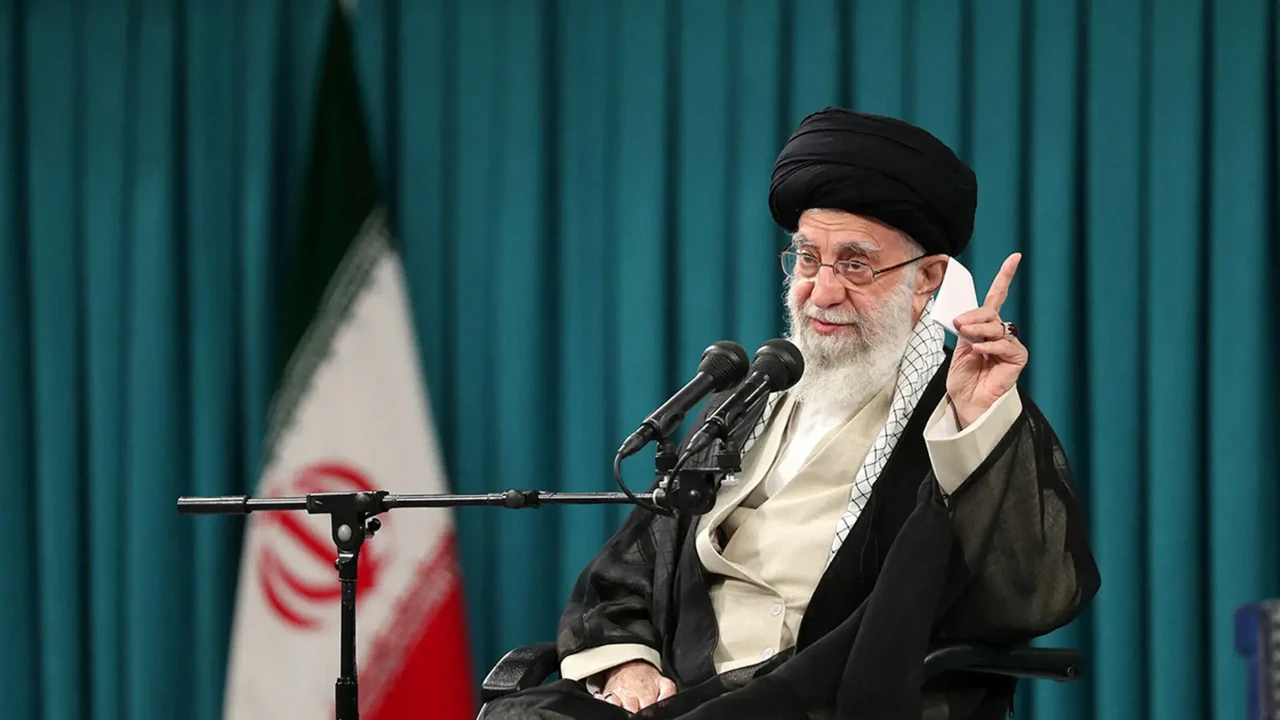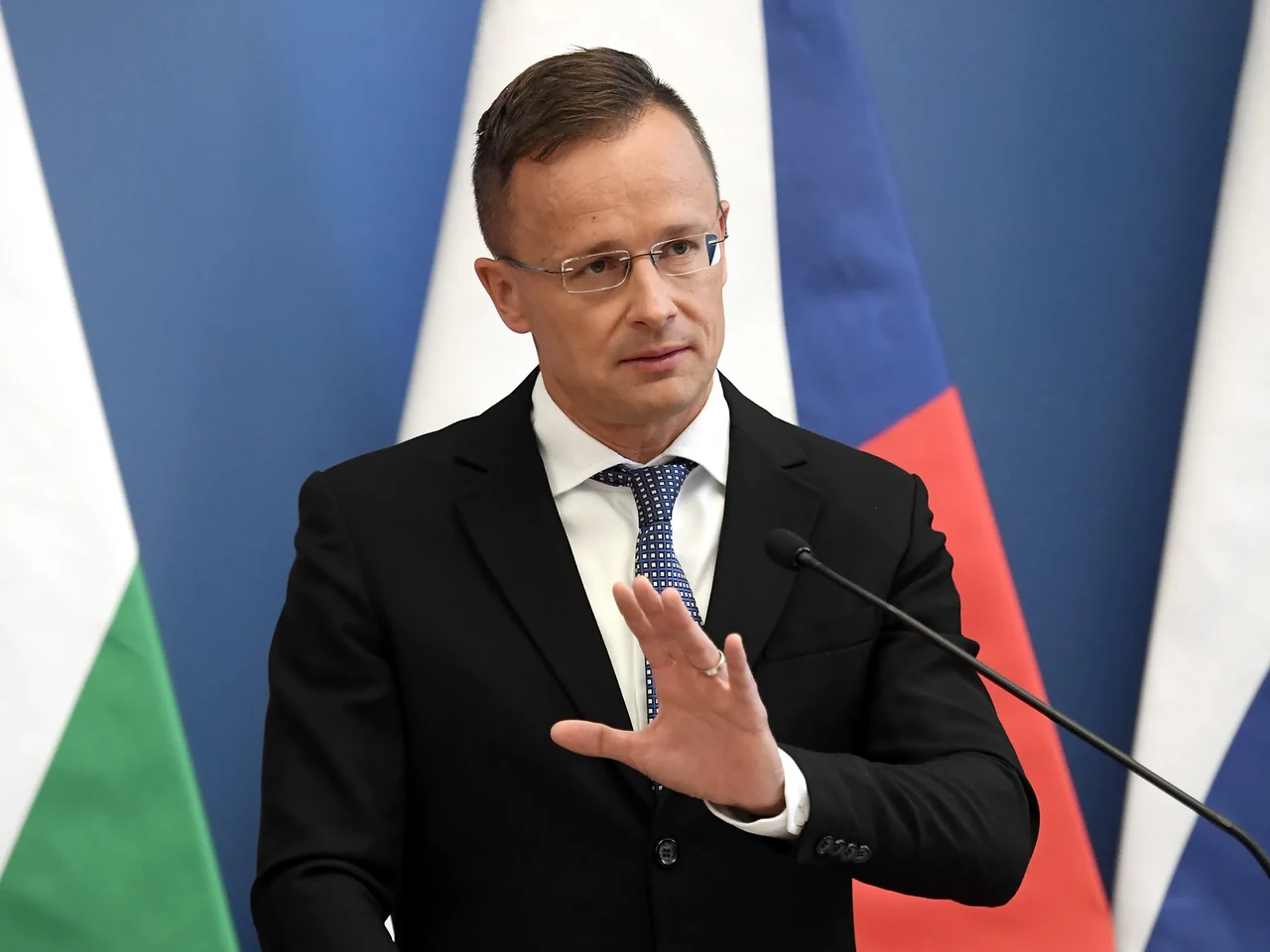US Secretary Blinken alerts G7 to Iran’s attack against Israel within 48 hours
 Iran’s supreme leader, Ayatollah Ali Khamenei, speaks during a undated meeting in Tehran, Iran. (WANA Photo)
Iran’s supreme leader, Ayatollah Ali Khamenei, speaks during a undated meeting in Tehran, Iran. (WANA Photo)
U.S. Secretary of State Antony Blinken has sounded a warning bell, alerting G-7 nations of potential Iranian and Hezbollah attacks on Israel as early as Monday.
This comes in the wake of Israel’s targeted assassinations of Hamas political leader Ismail Haniyeh in Tehran and Hezbollah military commander Fuad Shukr in Beirut.
- Urgency in diplomacy: Blinken emphasized the urgent need for de-escalation in the region, urging diplomatic efforts to minimize retaliation. This was reported by Axios, citing sources briefed on Blinken’s call.
- Gaza cease-fire talks: The Secretary highlighted ongoing efforts for a cease-fire and a hostage-prisoner exchange deal, stressing that peace in Gaza could unlock broader regional stability.
Behind the escalation: Assassinations, retaliation
The stakes are high as Iran’s Islamic Revolutionary Guard Corps (IRGC) accuses Israel of executing Haniyeh’s assassination with U.S. support, using a short-range projectile that also claimed the life of his bodyguard. Hezbollah, too, is poised to retaliate after Israel’s airstrike eliminated Shukr.
- Military mobilization: The U.S. is reinforcing its military presence in the Middle East, deploying additional fighter jets and navy warships.
- Defensive posture: Defense Secretary Lloyd Austin reaffirmed Israel’s right to self-defense during talks with Defense Minister Yoav Gallant, as reported by the Times of Israel.
Regional reactions, preparations
Countries across the Middle East are bracing for potential fallout. Jordanian Foreign Minister Ayman Safadi recently met with Iranian officials, conveying concerns about regional escalation and reiterating the need for diplomacy.
- Jordan’s concerns: Jordan, having intercepted Iranian drones during a previous attack, is keen on avoiding further conflict across its airspace. According to the Times of Israel, Safadi emphasized Jordan’s role in facilitating dialogue.
- IDF alert: The Israeli Defense Forces (IDF) have increased security measures in response to intelligence suggesting imminent Palestinian infiltration attacks from the West Bank, IDF Unit reports.
Rising tensions: Recent developments
As the Middle East teeters on the brink of conflict, both Israeli and U.S. officials are working to manage the crisis.
- Rocket alarms in Israel: Rocket alarms have been sounding in northern Israel, with reports of injuries from Hezbollah-launched rockets near Ayelet HaShahar, according to the Israeli Army Radio.
- Biden’s national security briefing: President Joe Biden plans to convene his national security team to discuss developments, underscoring the gravity of the situation. The White House adds that he will also speak with Jordan’s King Abdullah.
The path forward: Urgent diplomatic efforts
The escalating tensions underscore the urgent need for diplomatic interventions. Blinken and other global leaders are advocating for restraint from all parties involved.
- G-7’s collective statement: The G-7 ministers expressed deep concern over the heightened tensions, urging all parties to refrain from further violence. Axios reported the statement following Blinken’s call.
- Focus on peace: Leaders stressed a Gaza cease-fire could pave the way for stability, urging all nations to engage constructively.



